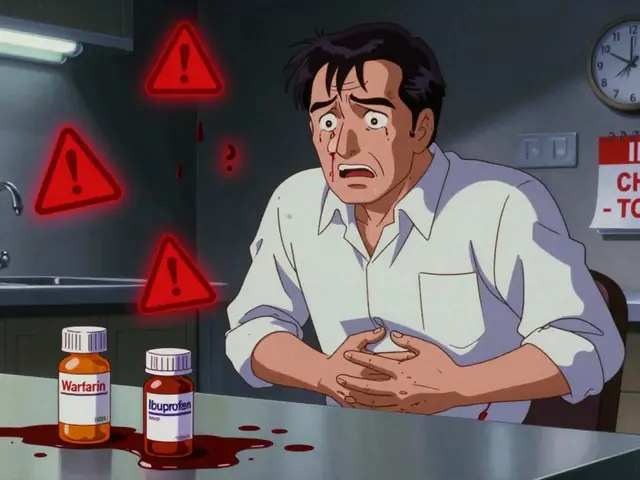Heart Attack Prevention: What You Can Do Today
Heart attacks don’t always warn you. But you can cut your risk a lot with simple, steady habits. This guide gives clear, practical steps you can use right now — diet swaps, movement targets, tests to ask your doctor for, and the signs that mean call emergency services.
Quick everyday steps that work
Move more: aim for 150 minutes a week of moderate exercise (brisk walking, cycling, swimming). Break it into 30-minute sessions five days a week if that fits your life better. Strength training two times weekly helps maintain muscle and balance blood sugar.
Eat to protect your heart: pick a Mediterranean-style plate — vegetables, fruit, whole grains, beans, nuts, and olive oil. Try fatty fish like salmon or mackerel twice a week for omega-3s. Cut back on processed foods and sugary drinks. Watch sodium — keep it under about 2,300 mg daily if you can.
Quit smoking and limit booze. Smoking hugely raises heart attack risk; quitting helps fast. If you drink, keep it moderate: up to one drink daily for women and two for men, but less is better for most people.
Control key numbers: high blood pressure, high cholesterol, and high blood sugar raise your risk. Get these checked regularly and follow your clinician’s advice. Take prescribed medicines exactly as directed — statins, blood pressure pills, or diabetes drugs can lower risk a lot when used correctly.
Sleep and stress matter. Aim for 7–8 hours of quality sleep. Use simple stress tools: short walks, deep breathing, or talking with a friend or counselor. Chronic stress and poor sleep both push up heart risk over time.
Smart tests and when to act now
Ask your doctor about tests: a blood pressure check, fasting lipid panel (cholesterol), and A1c if you have risk factors for diabetes. If you’re older or have a strong family history of early heart disease, discuss more detailed screening and whether a statin is right for you.
Know the warning signs of a heart attack: chest discomfort or pressure, pain that spreads to the arm, jaw, or back, shortness of breath, sudden nausea, lightheadedness, or cold sweat. If you or someone else has these symptoms, call emergency services immediately — every minute counts.
Small steps add up. Pick one habit to change this week — swap a sugary drink for water, take a 20-minute walk each day, or book a checkup. Consistent choices beat quick fixes when it comes to preventing heart attacks.
If you have questions about medicines or tests, talk with your doctor or pharmacist. They can tailor a plan to your health, medications, and family history so you get the most protection without unnecessary risk.





